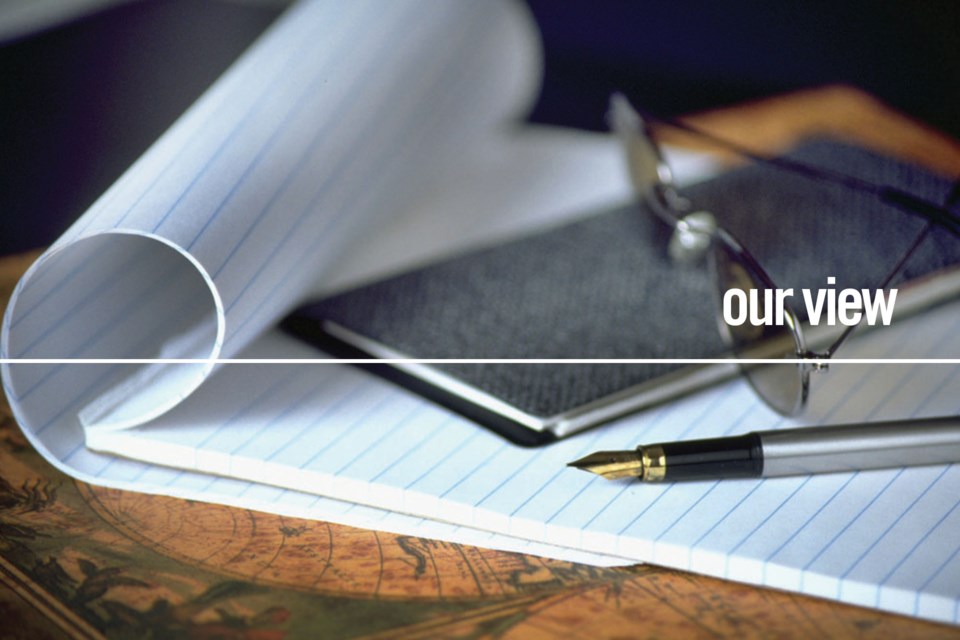As the world heads into the third year of a pandemic, through what feels like Alberta’s never-ending winter, with heartbreaking daily news from the Ukraine, it feels like humanity can't catch a break.
The cost of living is climbing, along with mental-health struggles. These past two years have been a true test of our resilience.
And yet, if we look back in our past, history has proved human beings have a tremendous capacity to endure and eventually thrive in the wake of seemingly insurmountable adversity.
So, what is it that pulls us through?
Well, increasingly, research is providing measurable proof that hope may be that powerful force. The best news is we are all capable of it.
The University of Alberta is a global leader in hope research, with answers that could come in handy when facing the world's current challenges.
U of A professor Ronna Jevne, along with community members, founded the Hope Foundation research lab in 1992, to explore what hope could look like in medical practice.
The foundation then became Hope Studies Central in 2003 under research director Denise Larsen, who has studied hope for the better part of two decades.
Their discoveries have much to offer the world, in every discipline imaginable, from education, and addiction, to child welfare, medicine, and chronic disease or pain.
The biggest, perhaps especially now, is that hope has incredible value, and tangible benefits.
"Hope Studies Central is the only research unit in the world devoted to the study of hope in human living," according to its website, which also offers fact sheets, and links to more resources for those seeking support.
Regardless of how we come to feel hopeful, it appears, what's important, is that we find our way there.
We are surrounded by countless examples of how, on the darkest of days, holding onto a glimmer that things will get better can help humankind pull through.
As those who faced the First and Second World Wars, the Spanish Flu, and the Great Depression can attest, eventually the weight of such things begins to lift.
In the meantime, the best we can do is put one foot in front of the other, keep hanging on, and celebrate the things we have to look forward to, no matter how small.
Larsen's research points to the fact that having hope is vital in helping us tackle life's challenges.
Her toolkit for developing our hoping selves includes hanging out with hopeful people; paying attention to what inspires hopeful feelings; and mining for tiny, bright moments in each day.
The idea that we become what we believe is powerful in our current world context, and one which requires practice on our part, especially when it feels like the planet is falling apart around us.
Take heart. If history is to be our teacher, we can continue to hope things will, indeed, get better, and in the meantime, we have the tools within us to make it to that place.
Editorials are the consensus view of the St. Albert Gazette’s editorial board.


